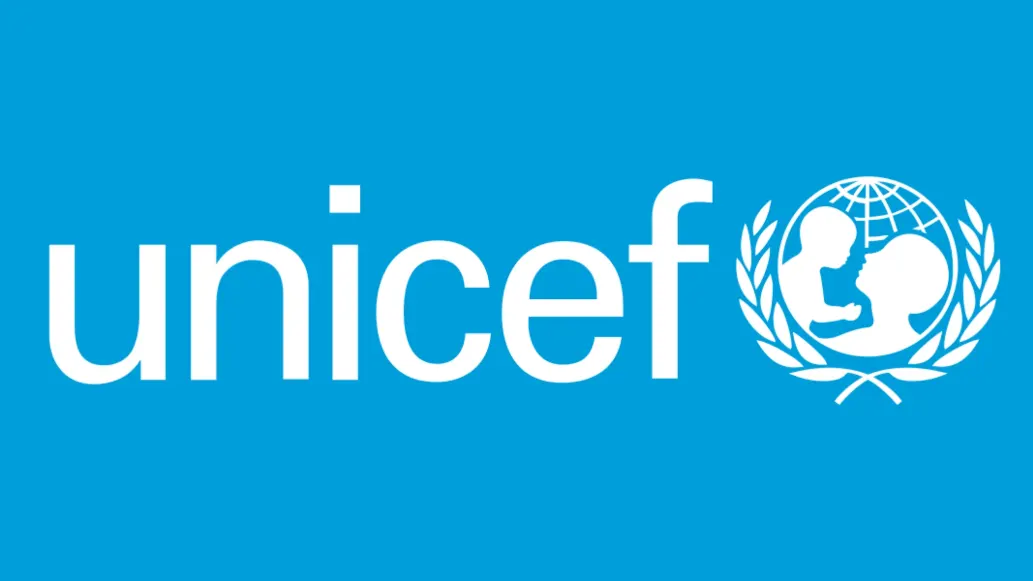The United Nations Children’s Fund (UNICEF) has renewed its commitment to working with sub-national governments to improve investment in social protection programs aimed at reducing poverty and improving the lives of vulnerable citizens.
This was disclosed by the UNICEF Chief of Lagos Field Office, Celine Lafoucriere, during the official launch of the Supporting Sustainable Social Protection System (SUSI) Project held on Monday in Ibadan, Oyo State. The SUSI project is jointly implemented by UNICEF in collaboration with the International Labour Organisation (ILO) and funded by the European Union (EU).
Lafoucriere explained that the goal of the project is to transform the lives of the most vulnerable members of society by providing access to quality healthcare, education, and other essential social services. She noted that the SUSI project is designed to support the government in accelerating and expanding social protection coverage across the state.
She commended the Oyo State government for the steps taken so far, including the creation of a Social Protection Policy that provides a structured framework for implementing social protection initiatives.
According to her, these efforts have also led to the establishment of a Social Protection Coordination Department, the drafting of a social protection bill awaiting legislative approval, and the execution of several ongoing programs targeting vulnerable groups.
However, Lafoucriere highlighted that significant challenges remain in the state. These challenges, she said, are strategic, operational, and technical in nature, and they have limited the reach of social protection to those who need it most, especially children, women, the elderly, and persons with disabilities.
“In the current context, around 48.7 per cent of the entire population and 72.7 per cent of children between ages 0-17 remain multi-dimensionally poor, with only 11 per cent captured in the social registry of the poor and vulnerable,” she said. “With approximately two per cent of the Oyo State population receiving any form of social assistance, the urgency for improved investment in social protection is now.”
Lafoucriere emphasized that the project is not just focused on building systems and structures but also on enhancing Oyo State’s ability to respond to economic and social shocks. She stressed the need to reinforce policy frameworks and integrate financial mechanisms into state budgets in a way that ensures sustainability and scalability.
“We have confidence in what we can achieve together. UNICEF will continue to support Oyo State in building a social protection system that works for everyone,” she added.
Speaking at the event, UNICEF Programme and Social Policy Manager, Muhammad Okorie, disclosed that UNICEF, in collaboration with government agencies in the state, has identified and documented poor and vulnerable households.
This process, he explained, has made these households traceable and included in the state’s social register, enabling their details to be updated with national identity numbers and bank account information.
“We need to increase the number of households on the state social register. By the end of 2026, we expect that an additional 250,000 households will have been included,” Okorie said. “The essence of this is to make it easy to identify where vulnerable people are and target them with their needs. We are also looking at making sure that this register is interoperable, where MDAs, government, and partners are able to access it to reach those who need the services.”
Oyo State Acting Governor, Adebayo Lawal, officially launched the project and said it would provide a modernized social protection management information system that is fully interoperable across all relevant ministries, departments, and agencies.
He stated that the collaboration with UNICEF, the EU, and the ILO would bring about a comprehensive approach to tackling poverty and improving social inclusion.
“With the continued support of the European Union and other development partners, we are confident that we will achieve greater progress in deepening social inclusion and building human resilience,” Lawal said.
He called on stakeholders, including civil society organizations, the private sector, and citizens, to work together in advancing the project’s objectives. He also urged all development partners to align their efforts with state government institutions and local communities to ensure the successful implementation of the initiative.

